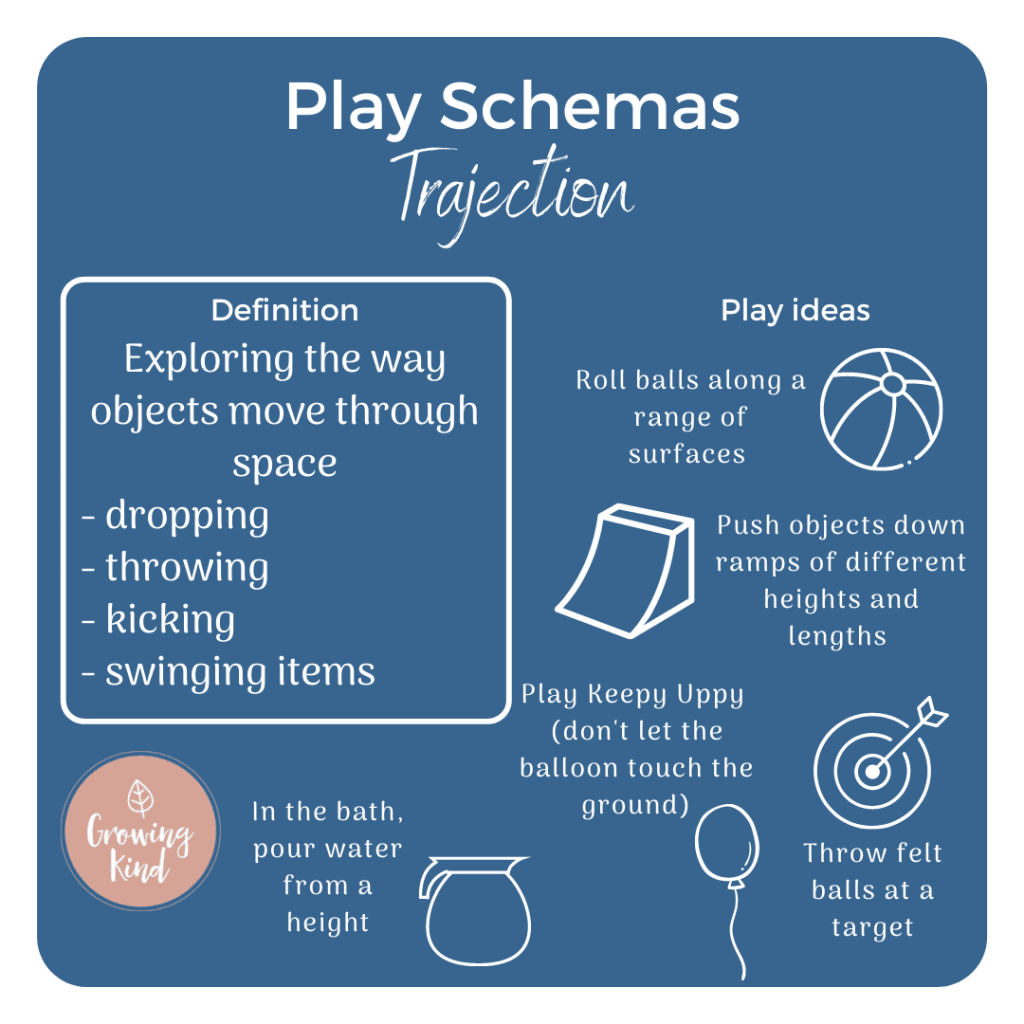Tag: play-based learning
-
Unlocking Creativity: The Reggio Emilia Approach Revolutionizes Education

Reggio Emilia approach is an innovative educational philosophy that originated in the town of Reggio Emilia, Italy, after World War II. This approach focuses on providing children with a child-centered and experiential learning environment that nurtures their natural curiosity and creativity. The Reggio Emilia approach views children as capable and competent individuals who are active…
-
Revolutionizing Education: The Power of Play in Alternative Schools

Play is a natural and essential part of childhood. Children learn best when they are engaged and having fun, making play an incredibly effective tool for learning. In the context of education, incorporating games and playful activities into the curriculum can greatly enhance students’ engagement, motivation, and retention of information. In alternative schooling environments where…
-
Empowering Education: Unleashing Creativity and Curiosity through Alternative Approaches

Unschooling is a form of alternative education where children learn through self-directed activities and exploration rather than following a traditional school curriculum. Advocates of unschooling believe that children are naturally curious and motivated to learn, and that they will thrive when given the freedom to pursue their interests at their own pace. One key aspect…
-
Exploring Innovative Education: Diving into Alternative Schooling Methods

Welcome to today’s panel discussion where we will delve into the world of alternative schooling and education. Our experts come from various backgrounds, each with a unique perspective on different approaches to learning outside the traditional classroom setting. Let’s start by exploring some innovative educational methods such as unschooling, project-based learning, nature-based education, Reggio Emilia…
-
Peter Gray: Champion of Self-Directed Learning and Play-Based Education

Peter Gray is a prominent figure in the field of alternative education, known for his advocacy of self-directed learning and natural approaches to education. As a research professor at Boston College, he has dedicated much of his work to studying the benefits of allowing children more freedom in their educational pursuits. One of Gray’s key…




